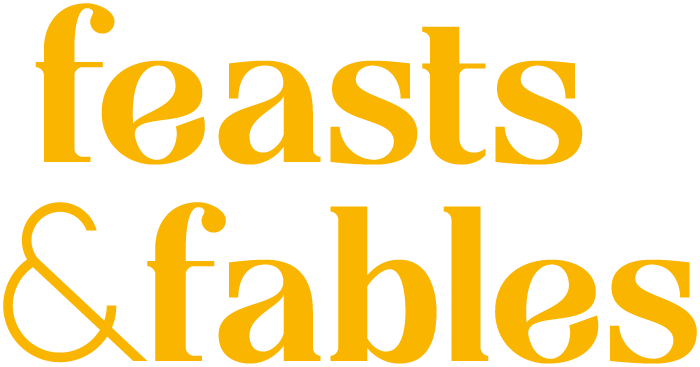Credit Others for your Success
by James Taplin
{So. I have written you a story. I don’t know if it is the story you want, or the one you were thinking of, but it is the one that came to me as I looked at the list. I’m not sure why I chose the success option. It could be a brave or foolhardy idea assuming you know what success is. If looked at traditionally, through a lens that measures success by riches and widespread acclaim, I think we can all happily agree that I have nothing much to offer. In as much as I can be said to have had a ‘career’ at all, it has been rambling. I have meandered — although never aimlessly — always following and focusing on where I thought I could have the greatest impact and, let’s be truthful, also the most fun. There is a coherence to it, but if success can be found in measurable metrics, then I would undoubtedly have got better scores if I had stayed put in just one thing or another. So, depending upon their definition of success, many would rightfully argue that I’m poorly qualified to write on this element of the manifesto.
But I’m assuming success is a bit more egalitarian and democratic than that. It is owned and available to us all, and is more a state of mind and a way of being. And if it is mostly concerned with being a good human, rather than a powerful human, then perhaps we can all have a valid view — so this is mine.}
I remember how I felt when I first saw visualisations of the fractal curves in the Mandelbrot set. Incredibly complex and exquisite shapes that could be endlessly magnified to reveal yet more detail and intricacy whirling into the endless infinity.
Order out of chaos.
All of this delicate beauty invisible in the original shape, but essential to its form, buried deep within it, and without which the whole would be nothing. It got me thinking that perhaps all of us are like fractal fragments spinning and dancing and twisting through life. Unique, but with the sum of everyone else contained within us. Bursting with colour, made up of convoluted beauty and embedded influences that are invisible to the naked eye, and often buried so deep that we’re unaware of them ourselves. Perhaps, if we could zoom out far enough, we’d also see how each of us is connected into the greater whole as well.
I’m interested in beauty, and I’m interested in ideas. I’m interested in how you can connect people and ideas to create something new and lovely. If anything underpins my meandering path through life, it is perhaps the questing after this.
I’ve been a few different things, and seen life from a few different angles. No more than anyone else, perhaps, but my particular path has a deep rooting in both ecology and innovation. So it’s natural that I tend to see innovation, and the success that springs from it in ecological terms. I see that resilience in ideas and in solutions comes from diversity. And I see the innovation landscape like a coral reef — it is bright, and busy, and diverse, and beautiful, and collaborative, and vicious, and teeming with life and energy.
But all of this is just the topmost layer. The tiniest slice in the brightest and shallowest waters, built upon the slowly accumulated skeletons of billions and billions of past coral polyps that descend back down into the dark and murk through the centuries, and allow all the rest to flourish. Without that scaffolding of the dead, there is no life. It’s the same with ideas — no idea, and no ‘failure’ is bad — even if they don’t survive as you hope they will, they become part of the backdrop on which other ideas and success will thrive.
Newton said that:
if I have seen further than others, it is by standing upon the shoulders of giants
And in truth, none of us can say any different — we can be brilliant, but that brilliance is built upon the help and support given to us throughout our lives in all our interactions with all of the other people who have helped us get there. And in the people who helped them. In the thoughts and the lessons and the adversity and the support, the ideas and the time.
Given all of the above, not crediting others for your success can be self-limiting. I’m not suggesting that people maliciously refuse to acknowledge others, more that it might not always be easy to recognise where others have helped you — whether because of habit, or the stories we tell ourselves about ourselves. But if you can step back, look down at what you have achieved, and all of the influences that that is balanced upon, then you’ll see that the boundaries of that achievement are limitless. You need never be stuck, pinned in place like a butterfly upon a board, skewered (no matter how brilliant you are) by your ultimately finite abilities and your inability to reach beyond them.
Crediting others for your success gives you the permission to seek out more people and ideas, and to build new solutions out of the rich materials you find around you. It frees you to recognise that success is neither static nor finite — it can be yours at any time, and in whatever guise you want it.


